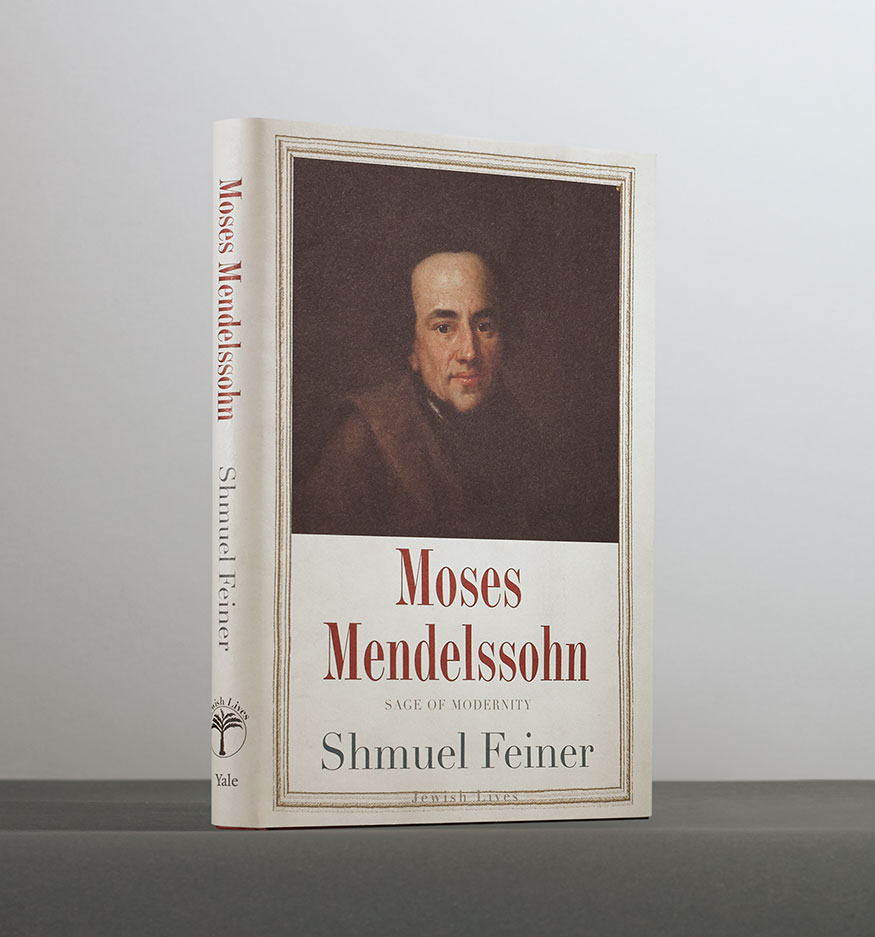
Books
Antiquity. Arts + Culture. Entertainment. Philosophy + Religion. And more!
Moses Mendelssohn: Sage of Modernity
Moses Mendelssohn: Sage of Modernity
By Shmuel Feiner
Published November 23, 2010
248 pages
“A fascinating portrait” —Library Journal
The “German Socrates,” Moses Mendelssohn (1729–1786) was the most influential Jewish thinker of the eighteenth and nineteenth centuries. A Berlin celebrity and a major figure in the Enlightenment, revered by Immanuel Kant, Mendelssohn suffered the indignities common to Jews of his time while formulating the philosophical foundations of a modern Judaism suited for a new age. His most influential books included the groundbreaking Jerusalem and a translation of the Bible into German that paved the way for generations of Jews to master the language of the larger culture.
Feiner’s book is the first that offers a full, human portrait of this fascinating man—uncommonly modest, acutely aware of his task as an intellectual pioneer, shrewd, traditionally Jewish, yet thoroughly conversant with the world around him—providing a vivid sense of Mendelssohn’s daily life as well as of his philosophical endeavors. Feiner, a leading scholar of Jewish intellectual history, examines Mendelssohn as father and husband, as a friend (Mendelssohn’s long-standing friendship with the German dramatist Gotthold Ephraim Lessing was seen as a model for Jews and non-Jews worldwide), as a tireless advocate for his people, and as an equally indefatigable spokesman for the paramount importance of intellectual independence.
About the Author
Shmuel Feiner is professor of Modern Jewish History at Bar Ilan University and holds the Samuel Braun Chair for the History of the Jews in Prussia. His books include Haskalah and History: The Emergence of a Modern Jewish Historical Consciousness and The Jewish Enlightenment (winner of the Koret Jewish Book Award).
Reviews
“Readable and lively...An excellent introduction to Mendelssohn” —Religious Studies Review
“Highly recommended” —Choice
“An all-encompassing biography” —Publishers Weekly
“[A] sympathetic picture of this modest man who achieved wide recognition for his groundbreaking thought” —Jewish Book Council






